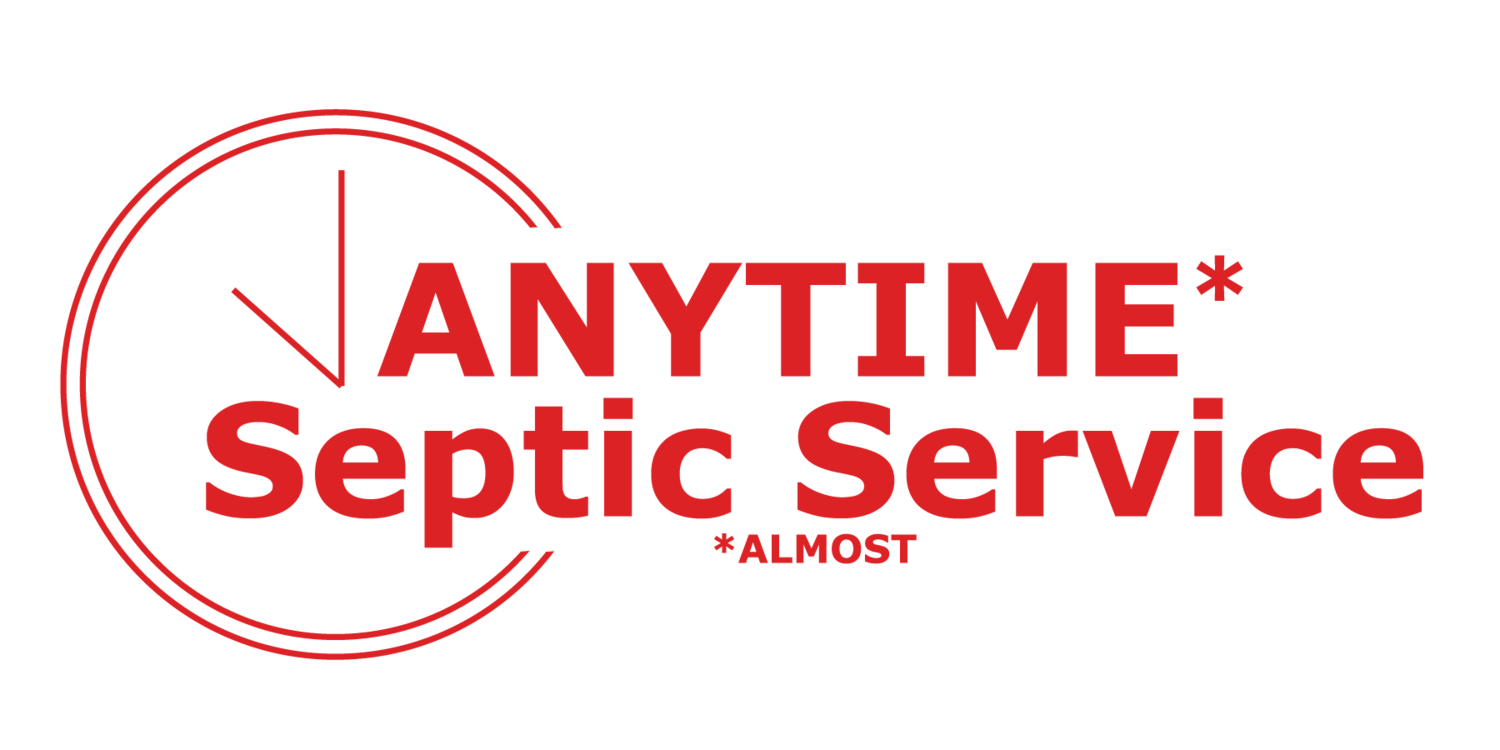Pump & Clean : Septic Maintenance
In order to ensure your septic tank is functioning at its optimal level, regular maintenance it important. On average, your septic tank should be pumped and cleaned every three to five years depending on usage. If you have more than five people living in your home you may want to look at having your tank pumped closer to every two years.
With every service we provide a thorough pump, clean and visual review of your septic tank. We will take the time to explain to you what we observe during our service and ensure any of your questions are answered. For all of our regular services we ask that your lids are uncovered. If you don’t know what that means, just let us know and we can go over that with you. However, if you need us to uncover lids we can do that too. Just let us know ahead of scheduling for a service.
A typical pump & clean takes about 1 - 2 hours.
Four important elements in septic maintenance:
Regular Pumping and Inspection
The average household septic system should be pumped and visually inspected at least every three years by a septic service professional. Major factors that influence the frequency of septic pumping are household size, total wastewater generated, and septic tank size
Water efficiency
All of the water a household sends down its pipes winds up in its septic system. This means that the more water a household conserves, the less water enters the septic system. Efficient water use can not only improve the operation of a septic system, but it can reduce the risk of failure as well.
Proper waste disposal
Toilets Aren’t Trash Cans! Your septic system is not a trash can. An easy rule of thumb? Don’t flush anything besides human waste and toilet paper.
Never flush:
• Feminine hygiene products
• Condoms
• Dental floss
• Diapers
• Cigarette butts
• Coffee grounds
• Cat litter
• Household chemicals like gasoline, oil, pesticides, antifreeze, and paint
• PharmaceuticalsGarbage disposals
Consider eliminating or limit the use of garbage disposals. While convenient, frequent use of garbage disposals significantly increases the accumulation of sludge and scum in septic tanks, resulting in the need for more frequent pumping. Never dump grease and oil down the drain!Drain field care
Maintain your drain field. Your drain field—a component of your septic system that removes contaminants from the liquid that emerges from your septic tank—is an important part of your septic system. Here are a few things you should do to maintain it:
• Never park or drive on your drain field.
• Plant trees the appropriate distance from your drain field to keep roots from growing into your septic system.
• Keep roof drains, sump pumps, and other rainwater drainage systems away from your drain field area, as excess water slows down or stops the wastewater treatment process.
